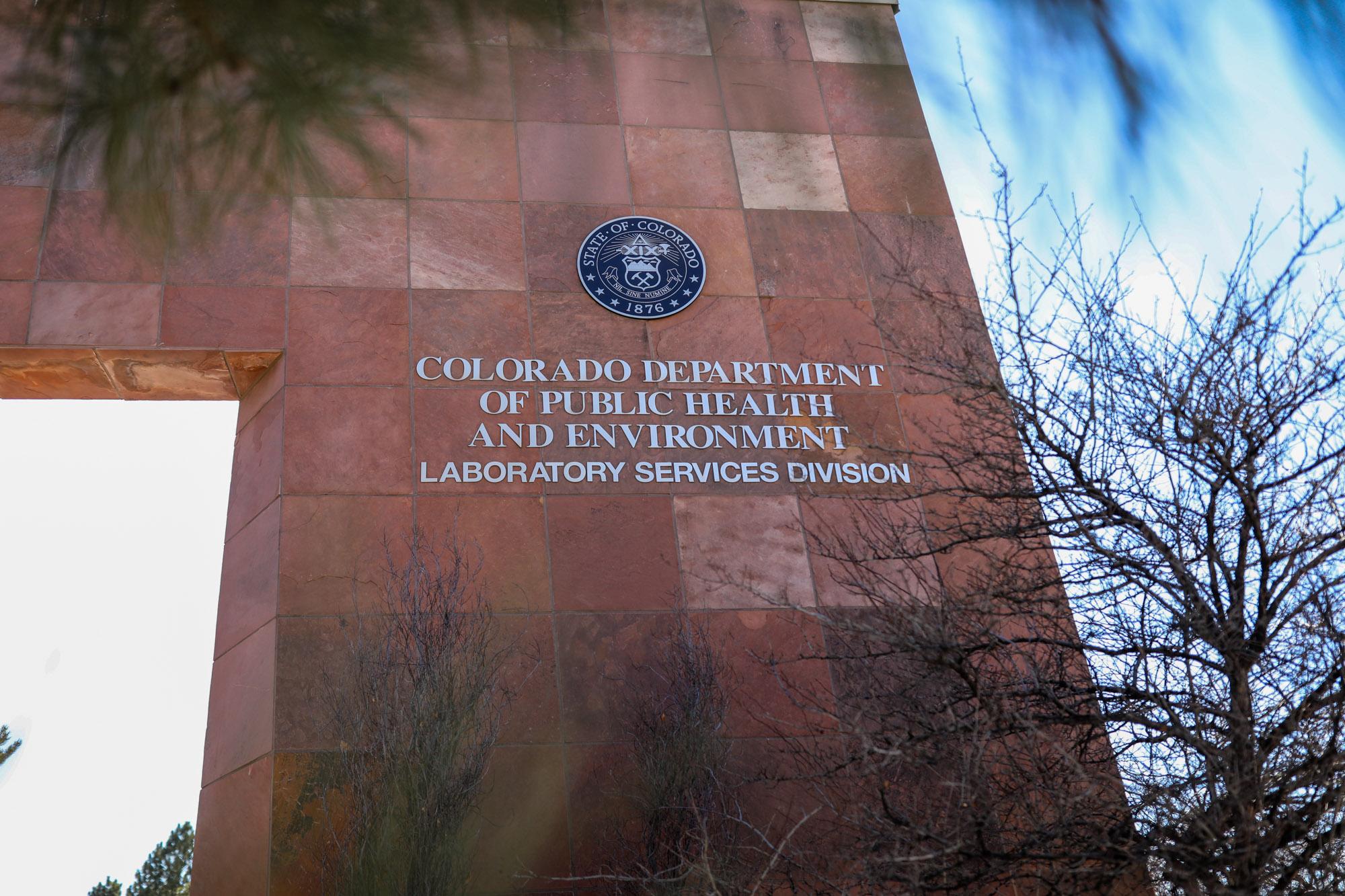
A year ago, the federal COVID-19 Public Health Emergency officially ended, and with it came the phasing out of the Centers for Disease Control and Prevention’s authorization to collect certain types of public health data. Soon, another metric used to track the virus will end.
Now, the federal requirement to report COVID-19 hospital admissions will end on April 30, 2024. What does that mean for COVID-19 tracking?
CPR News asked Dr. Anuj Mehta, who's a member of Colorado's Vaccine Equity Taskforce and a critical care pulmonologist at Denver Health and the University of Colorado, to walk us through the change and share some insights on where COVID-19 stands today.
Does the end of COVID hospital admission data matter?
Yes and no. Mehta said it’s one tool of many, which includes wastewater and positivity testing, both of which are still in place today and will still be collected and reported. COVID-19 diagnoses have become routine in places like the ICU at Denver Health where Mehta was working during his interview with CPR.
“We know how to manage it. It's not overwhelming our systems. So, you know, collecting the numbers on a daily, weekly basis, it’s not the end of the world to stop that,” he said.
So, where does COVID stand right now?
Four years into the pandemic COVID-19 is still claiming the lives of hundreds of Americans a week, according to data from the World Health Organization.
In Colorado, 84 people were hospitalized with COVID as of April 23, according to the state health department’s dashboard. And just under 500 cases were reported that week, down 35 from the previous week.
The Colorado Department of Public Health and Environment will no longer update daily and weekly hospital admissions data after May 1 but will continue to update currently hospitalized, positivity rates, deaths, and vaccinations data in its COVID-19 online dashboard.
“COVID has become much more of an everyday part of our lives. For people with normal immune systems, it is very similar to the common cold in terms of symptomatology,” Mehta said. “Then you have our older adults or individuals who are immunocompromised and they are still being hospitalized with COVID, similar to other individuals who are being hospitalized with influenza, RSV, or just routine bacterial pneumonia. So, I think we should be taking precautions.”
What are those precautions?
They’ve been the same all along — wash your hands and cough into your elbow, stay home if you feel ill, and get vaccinated against COVID-19 and other infectious diseases.
“When you're sick, stay home, don't cough on people, wash your hands,” Mehta said. “Those good common sense things that my parents taught me when I was a kid.”
What about vaccine hesitancy?
Vaccine hesitancy didn’t start during the COVID-19 pandemic, but it did increase over the last few years in part due to concerns over the COVID-19 vaccine but also from false information spread on social media.
Researchers at Denver Health found increasing COVID-19 vaccine hesitancy among pregnant people, which they described as “concerning for clinicians and public health officials.” Vaccine hesitancy impacts people who don’t have a choice over their vaccination status, namely children, according to Mehta, which is also cause for concern in schools and managing outbreaks of diseases like measles.
For Mehta, this hesitancy is part of a much larger issue of a lack of trust in health care.
“There's been some slowdowns in routine screenings for cancer, like colonoscopies, mammograms, and stuff like that,” he said. “People are not seeing their other providers as often or maybe not taking the medications that they should be and that's all really concerning.”
How does public health look in the long term?
By most official measures, the pandemic is over. The big unanswered question on Mehta’s mind is what lessons we learned that can help Colorado and the U.S. weather another public health emergency.
“I do think that it raises the larger question of what is our public health surveillance capacity?”
That question is what really matters, he said, particularly as other diseases, like the Avian Flu outbreak we’re currently seeing, start to emerge.
“We've come out of the pandemic with millions dead, many millions more with long COVID, parts of the health care system are broken or are fundamentally changed … and we haven't learned the lessons to augment our public health surveillance capacity,” Mehta said.
“And I think that's actually one of the more concerning things. It's fine to wind down evaluating a single disease but what systems do we have in place to predict the next problem or evaluate the next flu pandemic?”









